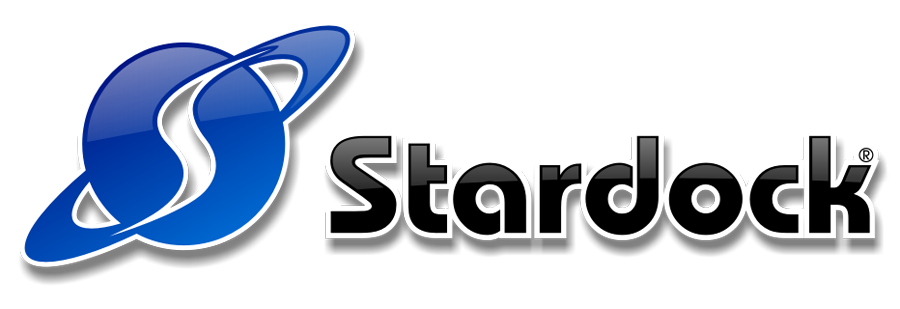DRM Gets Goo’d by Stardock
Stardock have revealed a new technology that they think will get rid of the need for intrusive DRM in PC games. The technology is called Game Object Obfuscation, or Goo for short, and looks set to make some radical changes to the digital distribution world.
The first thing to note is that a Goo enabled program is associated with a users account and only needs to be connected to the internet once. Another key element of Goo is that users can disable access to their game and transfer ownership of it to another user.
Being able to re-sell games is something that a lot of Steam users have long been arguing for, good to see that at least one digital distribution service is going to allow this to happen.
Even more interesting is that Goo is not tied to a specific digital distributor, so a game using Goo would not need to be distributed via Stardock’s distribution platform Impulse. This in turn means that users will be able to validate their Goo game on any supported digital distribution service.
Stardock President and CEO Brad Wardell made the following comment about Goo:
“One of our primary goals for Impulse Reactor is to create a solution that will appeal to game developers while adhering to the Gamers Bill of Rights. Publishers want to be able to sell their games in as many channels as possible but don’t want to have to implement a half-dozen ‘copy protection’ schemes. Game Object Obfuscation lets the developer have a single game build that can be distributed everywhere while letting gamers potentially be able to re-download their game later from any digital service. Plus, it finally makes possible a way for gamers and publishers to transfer game licenses to players in a secure and reliable fashion.”
Goo will be released on April 7 to tie in with the release of Impulse Phase 3, the next big update to the platform. Stardock also expect to announce multiple publishers who will be signing up to Goo in the next few weeks and are looking forward to reaching the one million user landmark on the nine month old Impulse.
I have always seen Stardock and Impulse as being oft overlooked in the business of digital distribution, trying to compete with Valve and Steam is no mean feat but Goo seems to be a very positive step forward in the world of digital distribution. The announcement of Goo comes mere days after Valve revealed their answer to DRM with CEG. It will be very interesting to see how these two technologies fare in the next few months.
For more details on Goo, read the press release:
PLYMOUTH, MI, March 25, 2009 – Stardock announced today that the forthcoming update to its digital distribution platform, Impulse, will include a new technology aimed to pave the way to solving some of the common complaints of digital distribution.
The new technology, known as Game Object Obfuscation (Goo), is a tool that allows developers to encapsulate their game executable into a container that includes the original executable plus Impulse Reactor, Stardock’s virtual platform, into a single encrypted file.
When a player runs the game for the first time, the Goo’d program lets the user enter in their email address and serial number which associates their game to that person as opposed to a piece of hardware like most activation systems do. Once validated, the game never needs to connect to the Internet again.
Goo has a number of unique advantages that developer Stardock believes both gamers and developers will appreciate:
1. There is no third-party client required. This means a developer can use this as a universal solution since it is not tied to any particular digital distributor.
2. It paves the way to letting users validate their game on any digital distribution service that supports that game. One common concern of gamers is if the company they purchased a game from exits the market, their game library may disappear too. Games that use Goo would be able to be validated anywhere.
3. It opens the door to gamers being able to resell their games because users can voluntarily disable their game access and transfer their license ownership to another user.
“One of our primary goals for Impulse Reactor is to create a solution that will appeal to game developers while adhering to the Gamers Bill of Rights,” said Brad Wardell, president & CEO of Stardock. “Publishers want to be able to sell their games in as many channels as possible but don’t want to have to implement a half-dozen ‘copy protection’ schemes. Game Object Obfuscation lets the developer have a single game build that can be distributed everywhere while letting gamers potentially be able to re-download their game later from any digital service. Plus, it finally makes possible a way for gamers and publishers to transfer game licenses to players in a secure and reliable fashion.”
Because Goo ties the game to a user’s account instead of the hardware, gamers can install their game to multiple computers without hassle.
Goo will be released on April 7 as part of the upcoming Impulse: Phase 3 release. Stardock also expects to be able to announce multiple major publishers making use of Goo in April as well as adding their libraries to Impulse.
Impulse is poised to exceed one million customers in the next week despite only being launched nine months ago.
To learn more about Impulse, visit www.impulsedriven.com.
